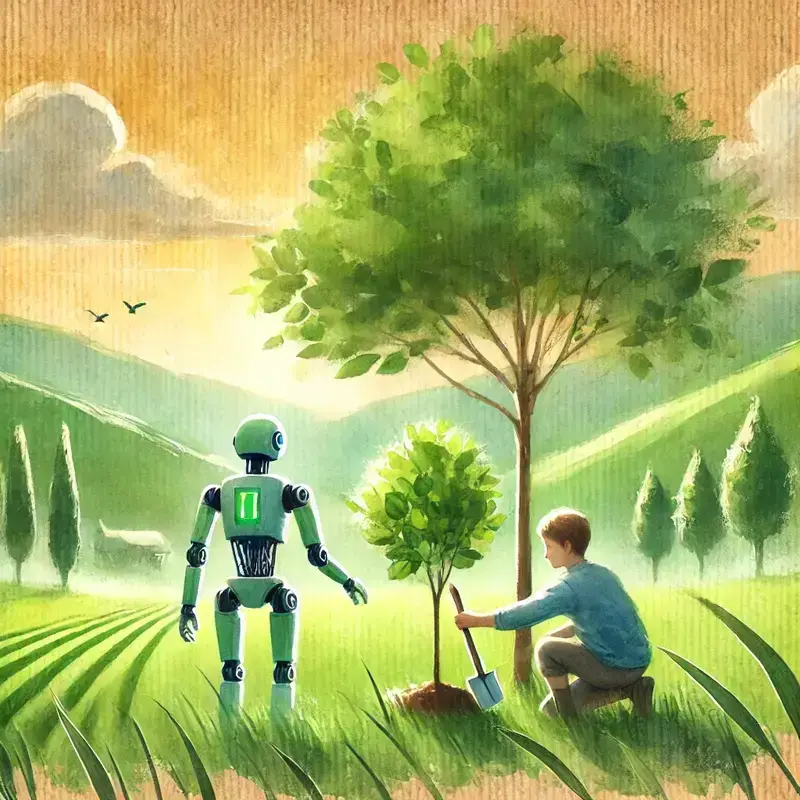AI: The Catalyst for a New Era of Human Potential
Published on February 25, 2025

Why AI Marks a Turning Point
Unlike previous tools, AI can make entire categories of work truly optional for humans. Rather than just shifting or expanding workloads, AI’s capacity to automate complex processes can reduce mundane tasks to near-zero effort. This shift may initially feel threatening—especially when society has long equated effort with personal value. Yet, in freeing us from the grind, AI also offers an opportunity to reassess what genuinely matters.
Rediscovering Human Value
If our labor is no longer defined by repetitive tasks, then our worth must come from what machines cannot replicate—empathy, creativity, emotional intelligence, and moral judgment. With daily routines less about bare survival or rote work, people gain time and mental space for personal growth, community building, and tackling larger existential challenges. AI becomes a catalyst for focusing on purpose over mere productivity.
A Glimpse of a Golden Era
Imagine a future where AI handles paperwork, menial tasks, and even complex data analysis. What remains is the human element: relationships, visionary thinking, artistic expression, and deep collaboration. Freed from the pressure of proving our worth through endless work, we can channel energy into endeavors that reflect our best selves—ultimately creating more meaningful innovations and experiences.
Embracing the Shift
Rather than viewing AI as a threat, we can see it as a profound invitation: a chance to shed the old definitions of labor and step into a new era of human potential. If our value doesn’t hinge on how many tasks we can complete, we can invest in the traits that make us uniquely human. In this light, the rise of AI might just herald the rise of humanity itself.